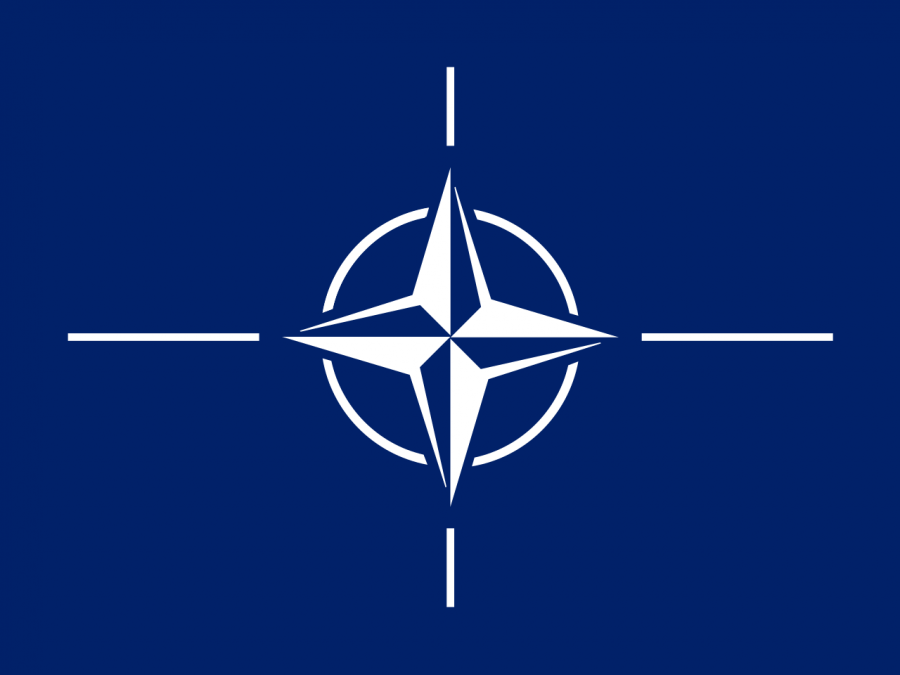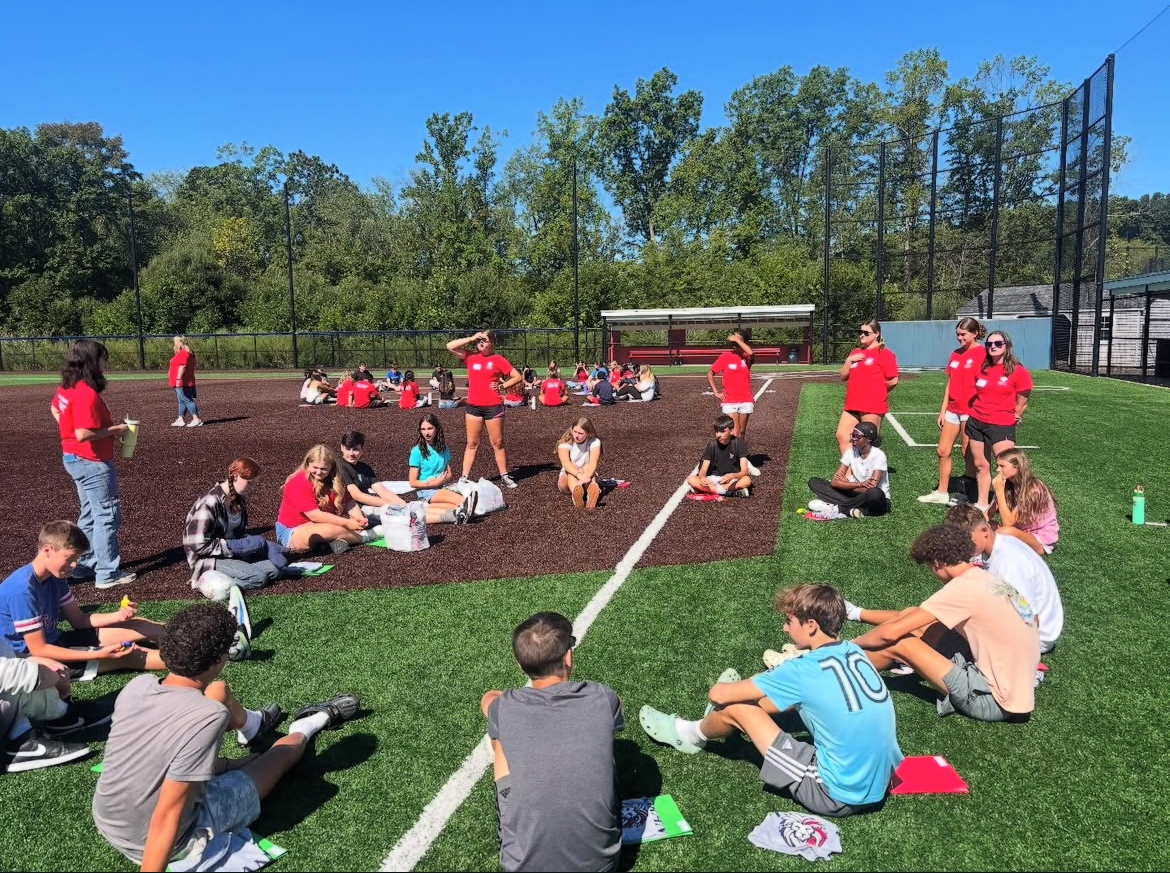Tensions Boil Between NATO and Sino-Russian Alliance
May 18, 2021
Ever since the rise of NATO and the Warsaw Pact in the midst of the Cold War, the US has fought economically, militarily and by proxy, with Russia and China. The first conflict, the often forgotten Korean War, between both sides started in 1950 and has been ongoing since then. However, it is not just the US that has stood up to Russia and China. Most of Europe, under the NATO alliance, has teamed up with the United States in order to, as their goals state, “defend democracy.”
Two relatively new democracies are on the front lines of this conflict; the nations of Taiwan, or the Republic of China, centered from Taipei, has stood as the island bulwark to Chinese aggression in the Pacific, especially against South Korea, Japan, and the Philippines. On the other hand, Ukraine, the second democracy, stands as the western defense, being both a proposed member of NATO and a current fighter against Russia since the beginning of the 2014 Donbass and Crimea Wars.
While these conflicts died down in 2020, they seem to have revitalized in 2021. Throughout April, Russia placed thousands of soldiers on the border, and painted invasion stripes on their planes, seemingly preparing for attack. Similarly, Russian battleships threatened to cut the Kerch Strait, which is the waterway connecting Crimea to the rest of Russia, but would also cut off water access to Eastern Ukraine. In the South China Sea, Taiwan has had its airspace violated by up to 25 aircraft as previously reported by the BBC in early April.
Despite these tensions, hope remains high for peace. “Mr. Putin: I am ready to go even further and invite you to meet anywhere in the Ukranian Donbass, where there is a war,” says President Zelensky of Ukraine, in a message to Russian President Vladimir Putin. Despite their two countries being in conflict for six years, peace is still an option in his eyes.
At the same time in Taiwan, the ROC President, Tsai Ing-wen has affirmed the island’s independence, but similarly affirmed that peace is her focus. She says, “Here, I want to reiterate the words ‘peace, parity [equality], democracy, and dialogue’. We will not accept the Beijing authorities’ use of ‘one country, two systems’ to downgrade Taiwan and undermine the cross-strait status quo. We stand fast by this principle.” Currently, no fighting has occurred, and the ROC, along with Tsai Ing-wen.
While the future of these conflicts, as well as NATO involvement in them is unclear, the world can now breathe a sigh of relief as they appear to have temporarily calmed, but must stay aware of what the future holds.







